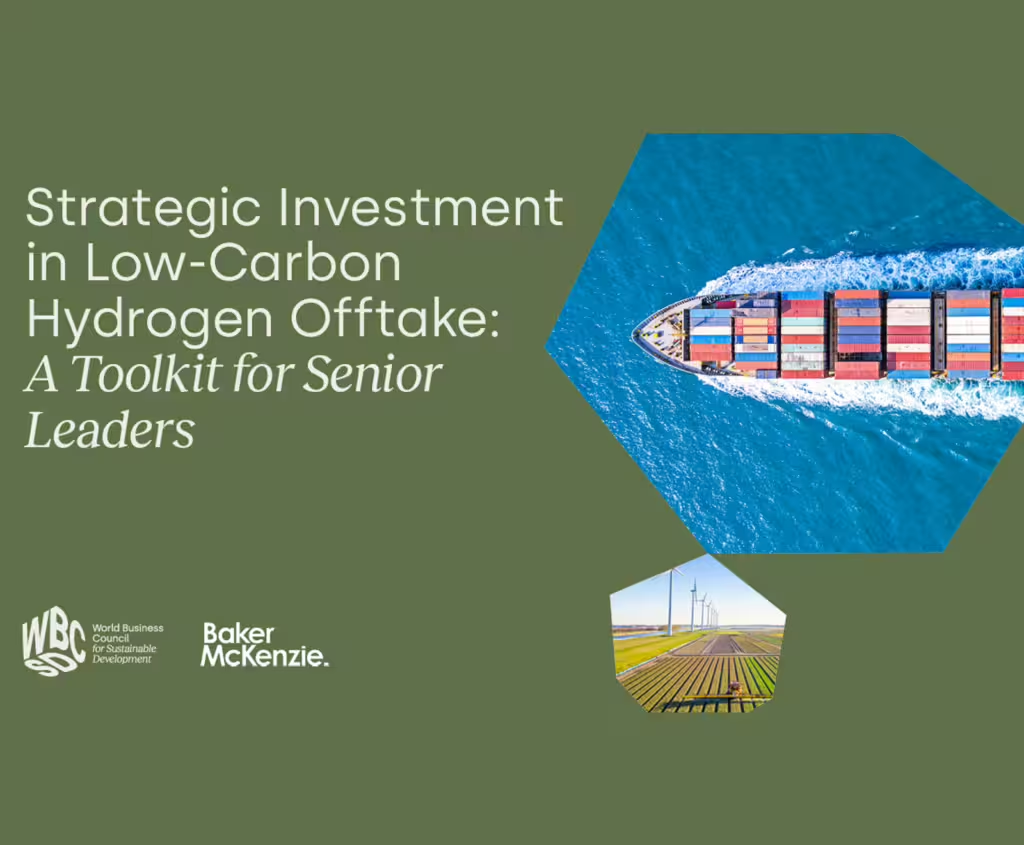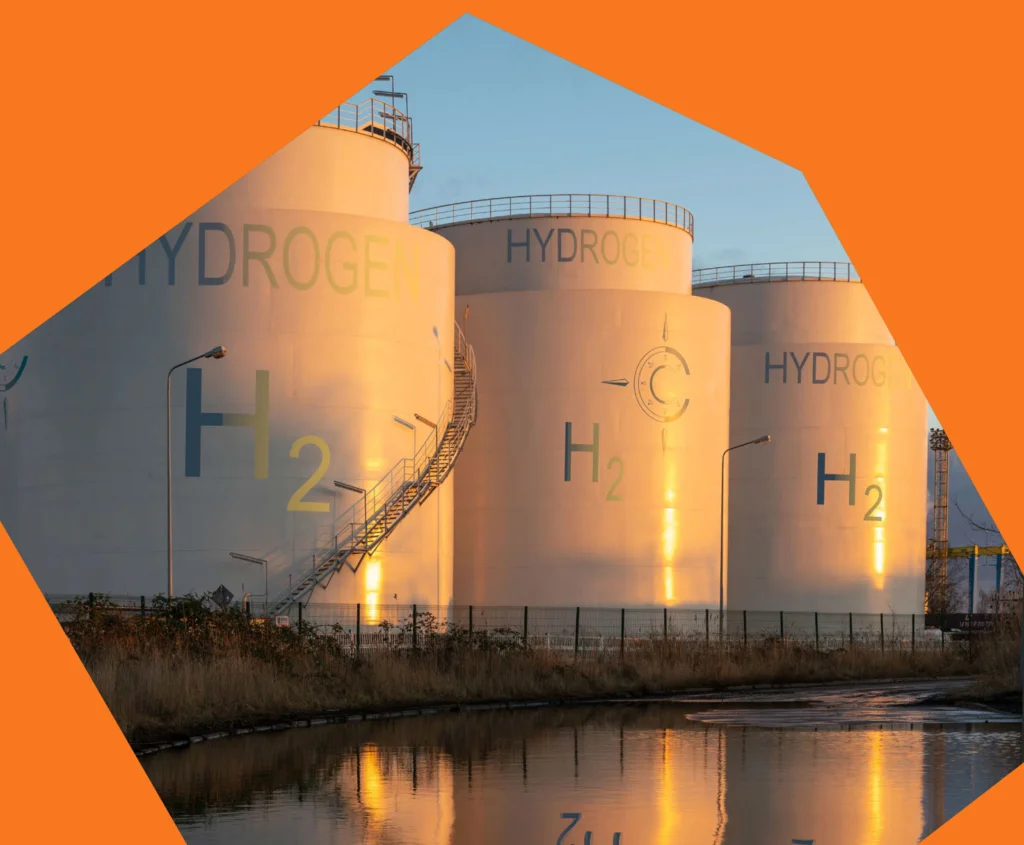Low-Carbon Hydrogen
Hydrogen has the potential to decarbonize hard-to-abate sectors, which require a large amount of energy to run their operations.
Projections indicate that by 2050, hydrogen alone could meet roughly 20% of the total energy demand. To unlock this potential, it is key for businesses, policymakers, finance and international organizations to collaborate to accelerate the deployment of hydrogen with the lowest possible carbon intensity. We bring together companies from across the value chain to address the barriers hindering the large-scale adoption of decarbonized hydrogen.
The
challenge
Realizing the potential of the hydrogen economy requires overcoming several challenges.
Key barriers to scaling up include:
-Producing hydrogen demands large amounts of energy, which today is often sourced from fossil fuels. The technologies to produce low-carbon hydrogen exist, but scaling them requires accelerating renewables’ adoption and lowering the costs of electrolyzers.
-Storing and transporting hydrogen is difficult due to its low energy density and the need for specialized infrastructure.
-Setting up the specialized infrastructures at scale is costly and only significant investments and policy support will make hydrogen cost-competitive.
The
business case
As hydrogen-enabling technologies become more cost-competitive over time, driven by decreasing electricity prices and technology costs, low-carbon hydrogen is expected to emerge as the key solution to decarbonize the hard-to-abate and heavy-duty mobility sectors by 2050.
To date, around 40 countries have announced a national hydrogen strategy, and companies are investing in low-carbon hydrogen assets to help meet the growing demand for hydrogen.
The
solution
Within this project, our members collaborate to help accelerate the deployment of hydrogen with the lowest possible carbon intensity.
We promote investment decisions into hydrogen projects by unlocking barriers along the value chain, strengthening the market signal for low-carbon hydrogen, increasing offtake through novel contract management schemes and creating sustainability-linked investment criteria.






